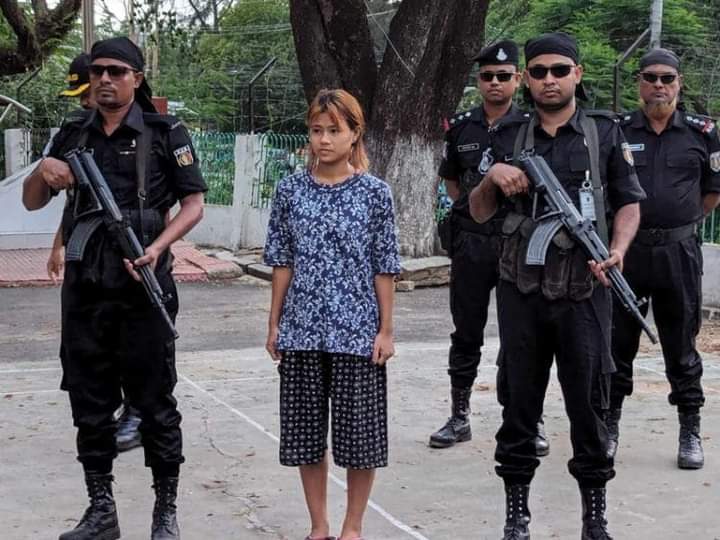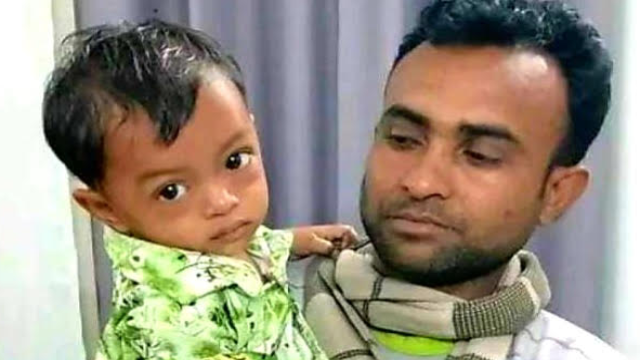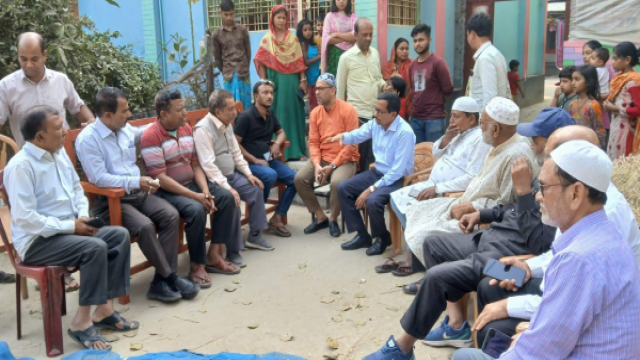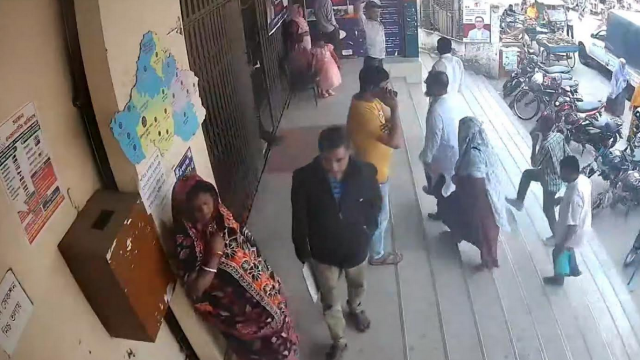Kuki-Chin National Front leader Akim Bom, who has received military training both domestically and internationally, is a prominent figure within the militant organization. Her capture marks a crucial development in the ongoing efforts to combat militancy in the Chittagong Hill Tracts region.
Bandarban, May 17, 2024 - In a significant operation, Bangladesh Rapid Action Battalion (RAB-15) has arrested Akim Bom, a key coordinator of the women's wing of the Kuki-Chin Army in the Bandarban Sadar and Rowangchari zones. Bom, who has received military training both domestically and internationally, is a notable figure within the militant organization.
Background of the Kuki-Chin Army
Kuki-Chin National Front, also known as the Kuki National Army (KNF), is a militant group operating in the Chittagong Hill Tracts region of Bangladesh. The group has its roots in the ethnic Kuki-Chin communities, which comprise various indigenous groups including the Kuki, Chin, and Mizo tribes. The Kuki-Chin Army was formed with the aim of seeking greater autonomy and rights for these ethnic communities, who have long felt marginalized by the central government.
Formation and Objectives
The Kuki-Chin Army emerged in the early 2000s, amid growing discontent among the hill tribes over land disputes, cultural erosion, and lack of political representation. The group's primary objectives include securing land rights, preserving cultural heritage, and achieving self-determination for the Kuki-Chin people. Over the years, the KNA has been involved in various militant activities, including armed resistance, to press their demands.
Training and International Links
The Kuki-Chin Army has reportedly received military training from various sources, both within Bangladesh and abroad. Members of the group, like Akim Bom, have been trained in guerrilla warfare, explosives, and tactical operations. This training has enabled the group to conduct sophisticated attacks and maintain a robust organizational structure.
Activities and Impact
The Kuki-Chin Army has been involved in numerous clashes with Bangladeshi security forces, as well as other militant groups in the region. Their activities have included ambushes, kidnappings, and extortion, which they justify as necessary measures for their cause. The group's actions have led to significant unrest in the Chittagong Hill Tracts, affecting local communities and complicating efforts for peace and development.
Arrest of Akim Bom
Akim Bom's arrest marks a crucial blow to the Kuki-Chin Army, particularly its women's wing. Bom has been a pivotal figure in coordinating operations and managing logistics for the group. Her capture by RAB-15 is expected to disrupt the group's activities and weaken its operational capabilities in the Bandarban Sadar and Rowangchari zones.

The operation to arrest Bom was meticulously planned, leveraging intelligence gathered over months. According to RAB-15 officials, Bom was apprehended without incident, and several documents and digital devices were seized during the raid, which are expected to provide further insights into the group's operations and networks.
Government and Security Response
The Bangladesh government has consistently condemned the activities of the Kuki-Chin Army, labeling it a terrorist organization. The government has pledged to continue its efforts to bring stability to the Chittagong Hill Tracts and ensure the safety and development of its indigenous communities.
RAB-15's successful operation is seen as a testament to the effectiveness of Bangladesh's counter-terrorism efforts. Officials have reiterated their commitment to dismantling militant networks and preventing the resurgence of such groups in the region.
Conclusion
The arrest of Akim Bom is a significant development in the ongoing efforts to combat militancy in the Chittagong Hill Tracts. While it represents a major setback for the Kuki-Chin Army, the underlying issues of ethnic marginalization and land rights remain unresolved. Addressing these root causes through dialogue, development, and inclusive policies is essential for lasting peace in the region.
END/V7N/FAT/SMA/DK/































Comment: